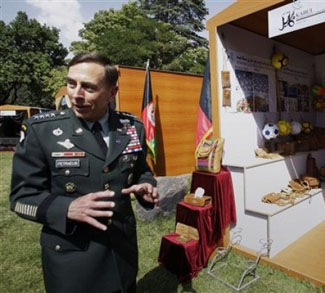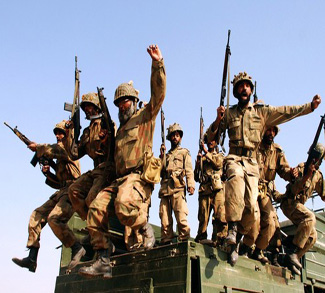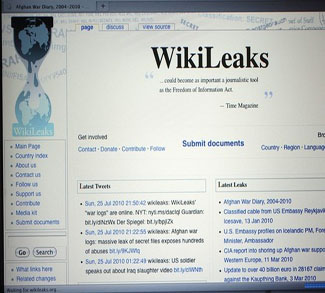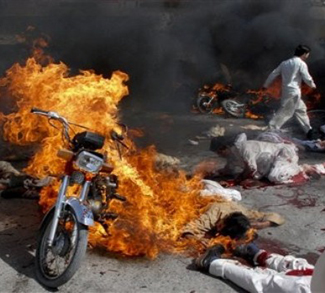Yesterday, newly appointed General David Petraeus issued his first new directive in the Afghan campaign stressing the need to avoid civilian casualties. Is it realistic to expect that the tactics that did so much to reduce violence in Iraq will be similarly effective in Afghanistan?
Despite the political vacuum and spiking violence manifesting in the country as of late, the Iraq surge is widely accepted as a strategic victory. After all, a substantial reduction in monthly civilian deaths occurred during its implementation- from 2,500 in January 2007 to just 353 in June 2010. But Afghanistan is not Iraq, and it very much remains to be seen whether new tactics such as placing an onus on protecting civilian live and stressing joint ops between Afghan and US forces will be able to produce the same results as they did in Iraq.
For one, Afghanistan is a much poorer country than Iraq with a population that is far less urbanized. Its GDP stands at $29 billion and 24 percent of the population lives within a city. Iraq on the other hand has an urbanization rate of 67 percent and a GDP of $112 billion. Broadly speaking, Afghan civilians are more difficult to protect because they are spread far more thinly, which is a factor that also makes interoperability between US and Afghan forces more difficult to achieve. The porous Af-Pak border also serves to further complicate matters by providing Taliban troops with a sanctuary that is often out of the reach of allied forces.
There is also the question of clan loyalties. In Iraq, clan identities have played a noteworthy, though relatively minor role in undermining popular loyalty towards the central government. Among the deeply rural and disconnected villages that dot the countryside of Afghanistan, tribal life goes on with total ambivalence towards the fight between the Karzai government and the Taliban. In short, many people simply don’t care about the fate of the government in Kabul because it’s a world away from their everyday lives.
Whether or not General Petraeus can make his tactics work in Afghanistan, one thing remains certain: nothing will come easy.




